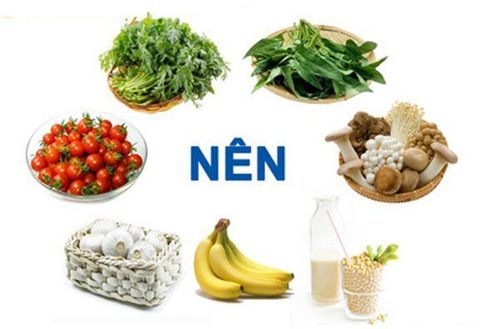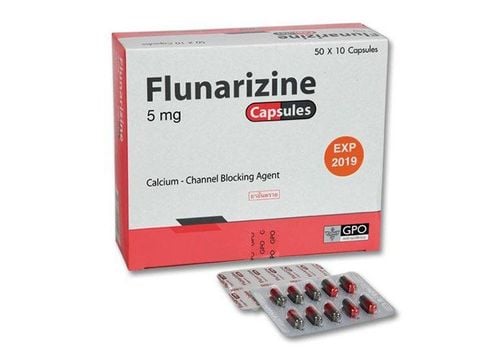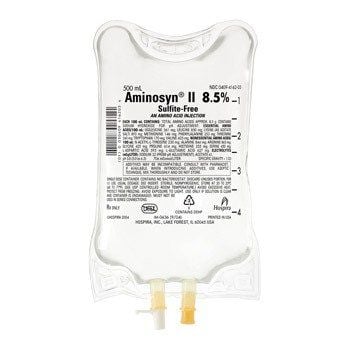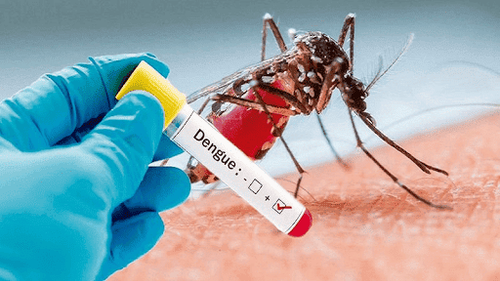This is an automatically translated article.
Antioxidants are substances that work to reduce the bad effects of free radicals that form inside the body. Antioxidants are of endogenous and exogenous origin. Exogenous substances are introduced from the outside through food. So what are the antioxidants in foods?
1. What are antioxidants in foods?
When our body is active, it will produce free radicals, these free radicals can be generated more when stress, excessive exercise, environmental exposure to dust, pollution... This free radical can react with any cell in the body. Over time, free radicals can trigger a chain reaction in the body that damages vital substances, DNA, and parts of cells. Some cells are able to recover, but others are permanently damaged and scientists believe that free radicals contribute to accelerated aging as well as cancers and diabetes. and cardiovascular disease...
Antioxidants are natural substances that can prevent or limit damage caused by free radicals. Our bodies also make their own antioxidants to control free radicals and minimize their effects on the body. Besides, antioxidants are also provided through food.
Thus, antioxidants in food are substances that work to prevent the effects of free radicals on the body and this substance is present in the foods we eat every day. It has been found that the best way to supplement antioxidants is to use clean, plant-based foods.
2. Antioxidants in food
Substances with researched antioxidant properties found in foods include:
Vitamin A : This is an antioxidant found in dairy products, eggs and animal liver. Vitamin C: Vitamin C is an essential vitamin for many body processes, but it is not stored but must be replenished daily. Most fruits and vegetables have vitamin C, especially berries, oranges, and bell peppers; Vitamin E: Found in nuts and vegetable oils, green leafy vegetables; Beta-carotene: This is a precursor to vitamin A, mainly found in foods of plant origin. Like brightly colored fruits and vegetables, such as carrots, gac, peas, spinach and mangoes; Lycopene: This is a strong oxidizing agent. Pink and red fruits and vegetables that are high in lycopene include tomatoes and watermelon; Lutein: In green vegetables, corn, papaya and oranges; Selenium: A trace element found in rice, corn, wheat and other grains, as well as nuts, eggs, cheese and legumes; In addition, some phytonutrients such as flavonoids, flavones, catechins, polyphenols, phytoestrogens also belong to the group of antioxidants.
3. What foods are high in antioxidants?
When implementing a healthy diet, experts recommend that we eat more vegetables and fruits. In addition to these foods containing many vitamins and minerals for the body, they also contain very high levels of antioxidants.
Some foods should be eaten to supplement antioxidants include:
Strawberries: Strawberries are rich in vitamin C and antioxidants. Strawberries contain a type of antioxidant called anthocyanins, which is what gives the fruit its red color. The brighter the red color of a strawberry, the higher the anthocyanin content. Research indicates that anthocyanins may help reduce the risk of heart disease by lowering LDL cholesterol levels and increasing HDL cholesterol. Spinach: This is one of the most nutritious vegetables. It contains many vitamins, minerals, antioxidants and very few calories. Spinach is a good source of lutein and zeaxanthin, two antioxidants that may help protect your eyes from the damage of UV rays and other harmful wavelengths of light. Legumes: These nuts are rich in fiber, which aids in digestion. Beans are also one of the good plant sources to help the body supply antioxidants, especially green beans. In addition, certain legumes like chrysanthemums contain a special antioxidant called kaempferol, which has been shown to help reduce chronic inflammation and prevent cancer growth. Some animal studies have also shown that kaempferol may prevent the growth of breast cancer, bladder cancer, kidney cancer, and lung cancer. Artichokes: Artichokes are a good source of fiber, minerals, and antioxidants. Artichokes are particularly rich in an antioxidant called chlorogenic acid, which has the antioxidant and anti-inflammatory effects of chlorogenic acid that may reduce the risk of certain cancers, type 2 diabetes, and heart disease. Beets: Beets are rich in fiber, potassium, iron, folate and antioxidants. Beets are rich in an antioxidant called betalain. Some test-tube studies have shown that betalains may reduce the risk of cancer in the colon and gastrointestinal tract, and also help reduce inflammation. Purple cabbage: The antioxidants in red cabbage may help reduce inflammation, protect protect and promote cardiovascular health. Purple cabbage also known as red cabbage has a high nutritional profile that is rich in vitamin C, vitamin K and vitamin A and has a high antioxidant content. The antioxidant content of purple cabbage is 4 times higher than that of regular cabbage. This is because purple cabbage contains anthocyanins, which are antioxidants that give purple cabbage its vibrant color. Anthocyanins are also found in strawberries and raspberries. These anthocyanins may help reduce inflammation, protect the heart, and reduce the risk of certain cancers. Raspberries: Raspberries are soft, sour berries that are used as a medicine in traditional medicine and are also often used in desserts. They are a good source of fiber, vitamin C, manganese, and antioxidants. Some studies have found that raspberries help reduce the risk of cancer and heart disease. Furthermore, the antioxidants in raspberries, especially anthocyanins, can reduce inflammation, reducing oxidative stress. This can help reduce your risk of heart disease. Blueberries: Blueberries contain very high amounts of antioxidants. Blueberries are very low in calories but packed with nutrients and antioxidants. That's why it is a recommended daily fruit. In addition, test-tube and animal studies have also shown that the antioxidants present in blueberries help delay the decline in brain function that tends to occur with age, slowing the aging process. . Additionally, the anthocyanins that give blueberries their color, antioxidants, have been shown to reduce risk factors for heart disease, help lower LDL cholesterol levels, and control blood pressure. These plant-based foods are high in antioxidants. But other plant-based foods can also provide antioxidants to the body
In short, the antioxidants in foods are substances that have been studied to help prevent free radicals. Most plant-based foods contain antioxidants, so you should increase the inclusion of clean vegetables in your diet.
Please dial HOTLINE for more information or register for an appointment HERE. Download MyVinmec app to make appointments faster and to manage your bookings easily.













